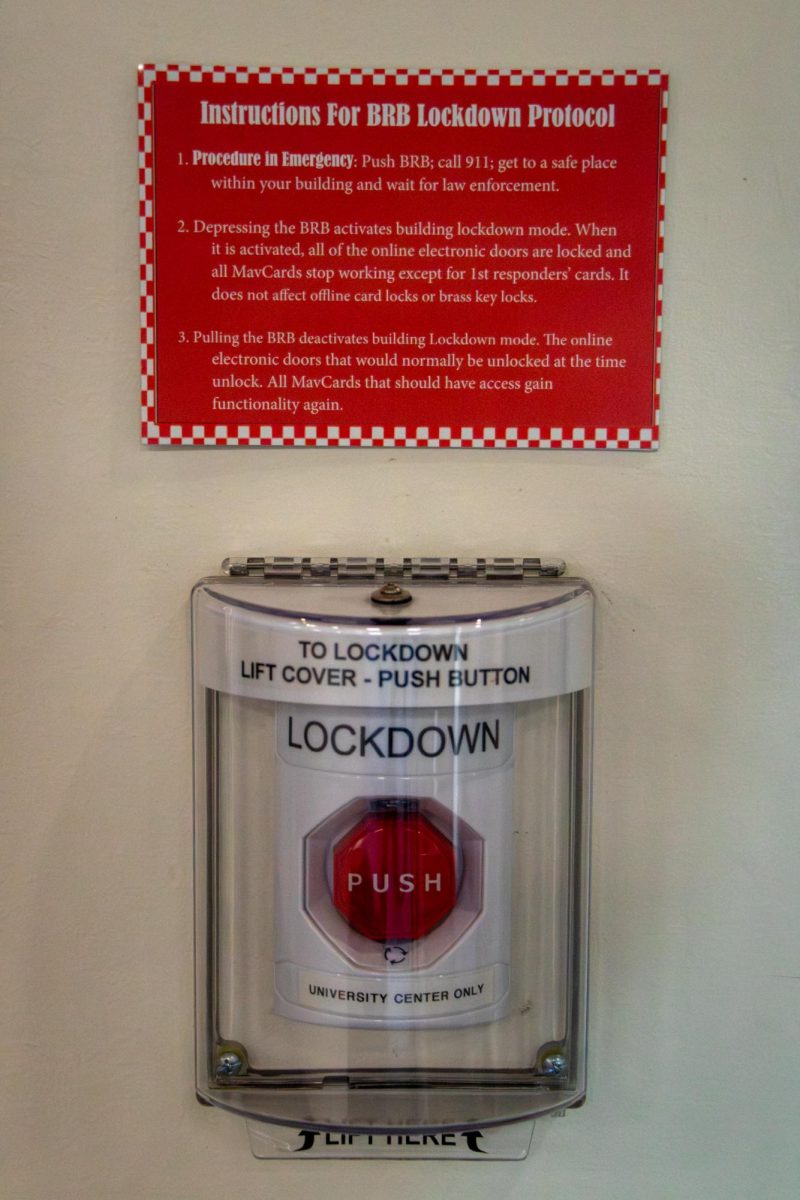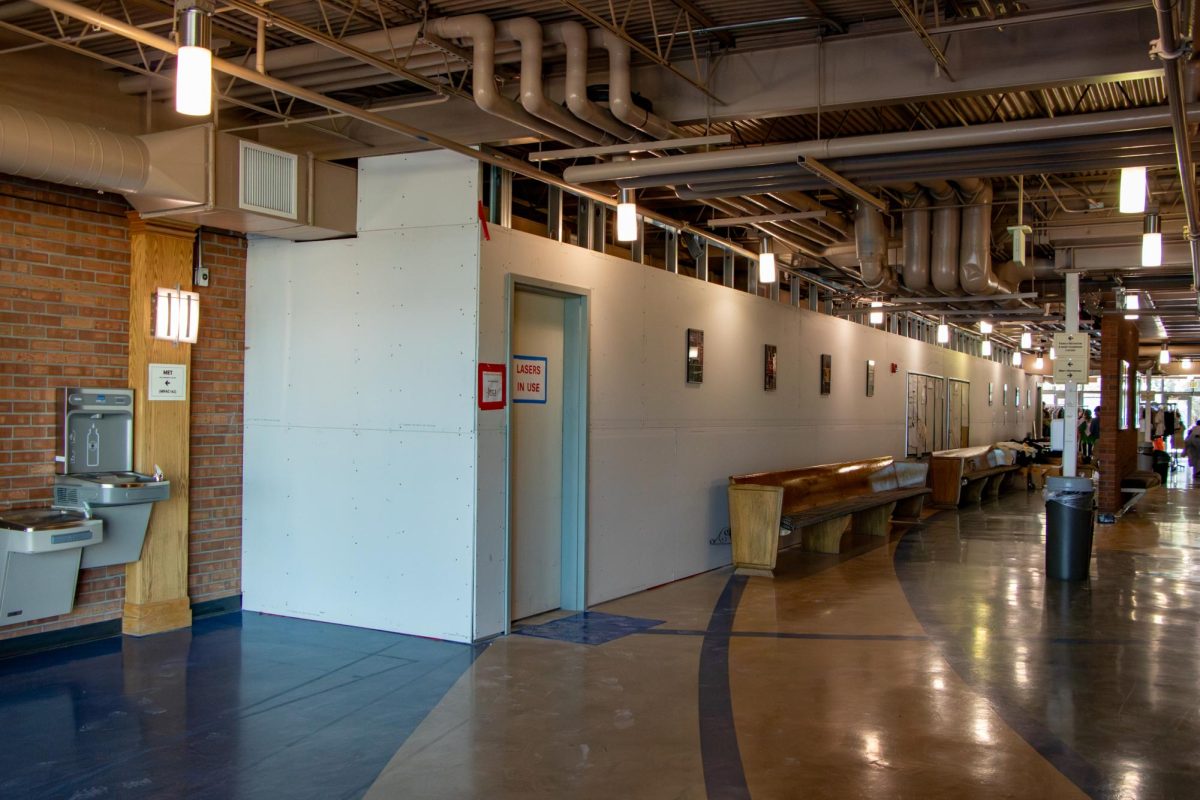November is Men’s Health Month and part of the focus is raising awareness for men’s suicide rates.
Suicide is a major concern surrounding college-aged men around the nation, particularly in Colorado according to the Colorado Health Institute (CHI). The rate of suicide among men in the state is over three times higher than among women.
Despite the widespread prevalence of suicide, there are major societal stigmas associated with mental health that discourage openness about the subject and reinforce the problem. However, talking about mental health is sorely needed according to Colorado Mesa University (CMU) Associate Professor of Psychology and licensed psychologist Dr. Jacob Jones.
The CHI stated that men who committed suicide were less likely to be reported as having a current diagnosed mental health problem or having ever been treated for a mental health problem. That means that men do not typically reach out for help themselves, even when they are struggling.
Western Colorado is a part of a broader area dubbed the suicide belt due to the disproportionally large suicide rates.
Grand Junction has an at-risk male population living in an area with the highest suicide rates in the nation. Isolation is also playing a factor, as Western Colorado is sparsely populated in most areas.
“A lot of it has to do with isolation nd in Western Colorado we have a lot of rural ranches and towns where there aren’t a lot of people. We know that social interaction is just extremely important for all of us. Some of us might need different levels of social interaction, but we all need a certain level of basic social interaction. When we don’t get that it leads to depression, it leads to feelings of sadness, loneliness,” Jones said. “And all of those feelings are kind of the beginning stages of getting to the point where you start to contemplate taking your own life.”
Jones stated that we can support those in need as a community by having these difficult conversations.
“The main thing is just to have open communication. Say you have a friend who you notice has changed. We’re seeing this person make a turn to where they’re not maybe interacting with us as positively as they have in the past, maybe they’re isolating themselves. I think the best thing to do as friends and citizens is to reach out. We can come from a place of concern and care and say, ‘Hey, I really like you, I’ve really enjoyed hanging out with you and I’ve noticed there’s been a bit of a shift in your behavior,’” Jones said.
By communicating care and concern in a positive way, students can begin to understand what someone is going through and support them.
Students can access mental health resources on campus through the Behavioral Health Center, located at the back of the Student Wellness Center. Student fees go in part to supporting the Behavioral Health Center which provides greatly discounted therapy for the CMU community.
Additionally, help is always available through the National Suicide Hotline at 800-273-8255. CMU’s mental health services promote that there is no shame in finding the help that you need.








